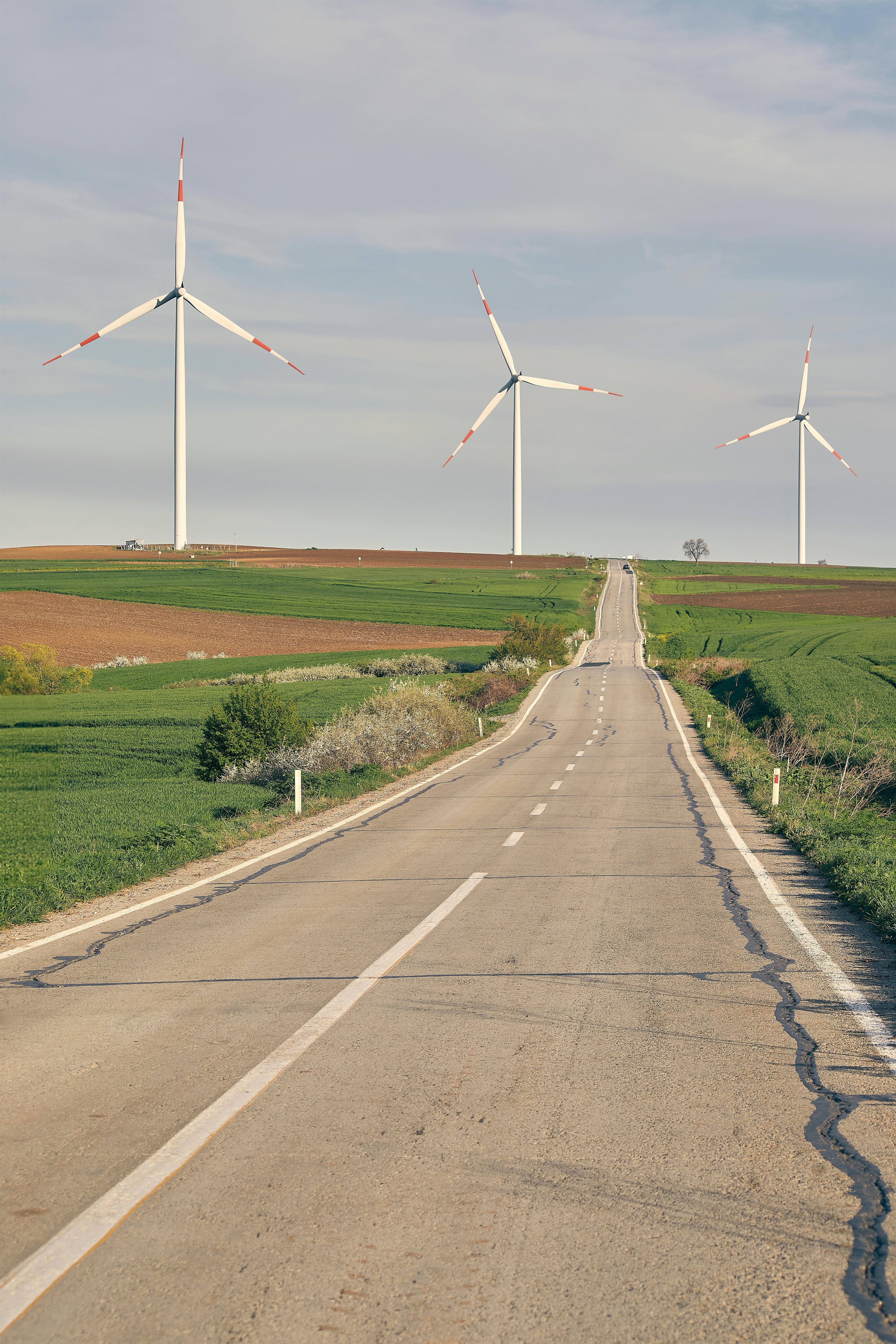Navigating the Future Waves: Modernizing the German Fishing Industry
- Strategies for revitalizing depleted fisheries
Crashing against the shores of escalating costs and instability, the German coastal fishing industry is in dire need of a new course. To tide over this crisis, the Future Commission on Fishing (ZKF) expects nothing less than a radical transformation towards a resilient and sustainable fishing industry. The ZKF has unveiled its comprehensive strategy in a recent report.
Venturing Into Windy Seas
One of the ZKF's bold proposals is to forge new income avenues and safeguard fishing territories amid intensifying rivalries – by redefining the fishermen's profession and unlocking opportunities within offshore wind parks. Unlike neighboring countries, German fishermen are banned from setting sail in the heart of these green giants. Now, the ZKF urges a reconsideration of which species of aquaculture and marine fishing could be approved in existing and future wind parks within the Exclusive Economic Zone (EEZ).
Additionally, the ZKF recommends adopting a framework that takes fishing and aquaculture needs into account when planning wind parks.
Forging the Ships of Tomorrow
Some of the ZKF's recommended measures are already underway, according to the Federal Ministry of Agriculture. For instance, aselective capacity adjustment of the German fishing fleet is underway, parlayed by a 20-million-euro injection from the Offshore Wind Energy Act (WindSeeG). Meanwhile, scientists and boatbuilders are hard at work developing and innovating model fishing vessels for the future. In the near future, a hub of knowledge titled, "Information and Coordination Center for the Transformation of Fishing" will come into existence. This center is destined to serve as a nexus for all stakeholders involved in the transformation process.
Merging Waves and Tides: Synergies Await
To future-proof the German fishing industry, strategic leaps in sustainability, cost management, technology, economic diversification, regulations, social responsibility, collaborations, and nutrient management must be pursued:
- Sustainability and Cost Management: Prioritize efficient gear usage, energy efficiency, and sustainable supplies to stabilize against market fluctuations and control costs.
- Technological Innovation and Integration: Embark on digitalization, automation, and AI-driven optimization to streamline fishing practices and slash operational expenses.
- Economic Diversification: Seize opportunities within offshore wind parks by partnering with renewable energy companies and nurturing sustainable nutrient management projects to diversify income streams.
- Regulatory and Policy Support: Influence sustainable fishing policies and integrate fishing interests into offshore wind park development.
- Environmental and Social Responsibility: Advocate for circular economy practices, public engagement, and environmental responsibility to foster a positive industry image.
- Partnerships and Collaborations: Forge alliances with sectors like renewable energy, technology, and tourism to bolster the industry's stability.
- Innovation in Nutrition Management: Collaborate with projects developing microalgae-based nutrient removal and recycling technologies for improved water quality and new income streams.
By embracing these strategies, the German fishing industry will sail forth with confidence, riding the waves of change and embracing a greener future alongside the wind parks.
- The Future Commission on Fishing (ZKF) proposes reconsidering the current policy that bans German fishermen from sailing in the heart of offshore wind parks, as a potential solution for generating new income and securing fishing territories amidst intensifying rivalries.
- The ZKF advocates adopting a framework that takes fishing and aquaculture needs into account when planning wind parks, which plays a crucial role in synergizing the development of wind energy and the fishing industry.
- In line with the ZKF's recommendations, the Federal Ministry of Agriculture is implementing a selective capacity adjustment of the German fishing fleet and investing in the development of model fishing vessels for the future, with plans for an "Information and Coordination Center for the Transformation of Fishing" to serve as a hub for all stakeholders involved in the transformation process.








